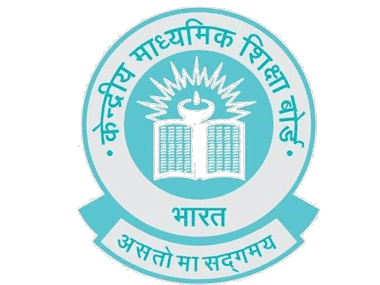What is the full form of CBSE?
CBSE : Central Board of Secondary Education
The full form of CBSE is Central Board of Secondary Education. CBSE is a national level educational body for public and private schools that is under the direct control of the Government of India. CBSE conducts board examinations for students of class 10th and class 12th on a national scale every year.

It was established less than two decades after the independence of India in 1962. This makes it older than most other major India Educational boards. It has its headquarters in New Delhi with regional offices in cities like Delhi, Chennai, Ajmer, etc.
English and Hindi are both considered to be the board’s official languages.
The examination which CBSE conducts for class 10th students is known as AISSE, while the examination for class 12th students is called AISSCE.
CBSE also conducts the National Eligibility Test(NET) for the recruitment of teachers every year.
Who can appear for examinations conducted by CBSE?
Generally, only students enrolled in CBSE-affiliated schools can appear for AISSE examinations in class 10th and for AISSCE in class 12th .
Students from any caste, creed, religion, economic background, sect, gender, tribe or race can appear for these examinations.
Students who have done their master’s degree with an aggregate of over 55%(50% for non-general categories) from a UGC recognized university in Humanities, Social Sciences, etc can appear for the National Eligibility Test as per CBSE rules.
Where to find CBSE Schools?
Almost every city in India has at least one CBSE school which can be found by using the CBSE school directory. The number of schools affiliated to CBSE is over 20,290 and this number keeps growing with each passing year.
Some of the biggest school chains like DPS, ensure that all their branches are CBSE-affiliated. All Kendriya Vidyalayas are also affiliated to CBSE. Some of the best schools in India are CBSE schools. Almost all the best schools in education hubs like Noida, Delhi, etc are CBSE Schools
Advantages of CBSE?
- Simply and lighter syllabus when compared to other Indian boards.
- The number of CBSE schools is much higher than any other board, which makes switching schools much easier, especially when the student has to move to a different state.
- CBSE students usually score higher marks than their ICSE, ISC or State-board counterparts.
- Most undergraduate competitive exams in India are based on the CBSE prescribed syllabus.
- CBSE encourages students to take part in extra co-curricular activities
- CBSE students are usually found to be more fluent in English when compared to students from most state boards.
- While the quality of education that students receive depends more on their own particular school rather than the board, the standards which CBSE has set assures that most CBSE schools provide good and proper education to their students.
Where to find CBSE School exam results?
Results for both AISSE and AISSCE can be found on this website. Class 10th students must score 33% marks in total to get promoted to class 11. Class 12th students need to score 33% marks in both theory and practicals to graduate.